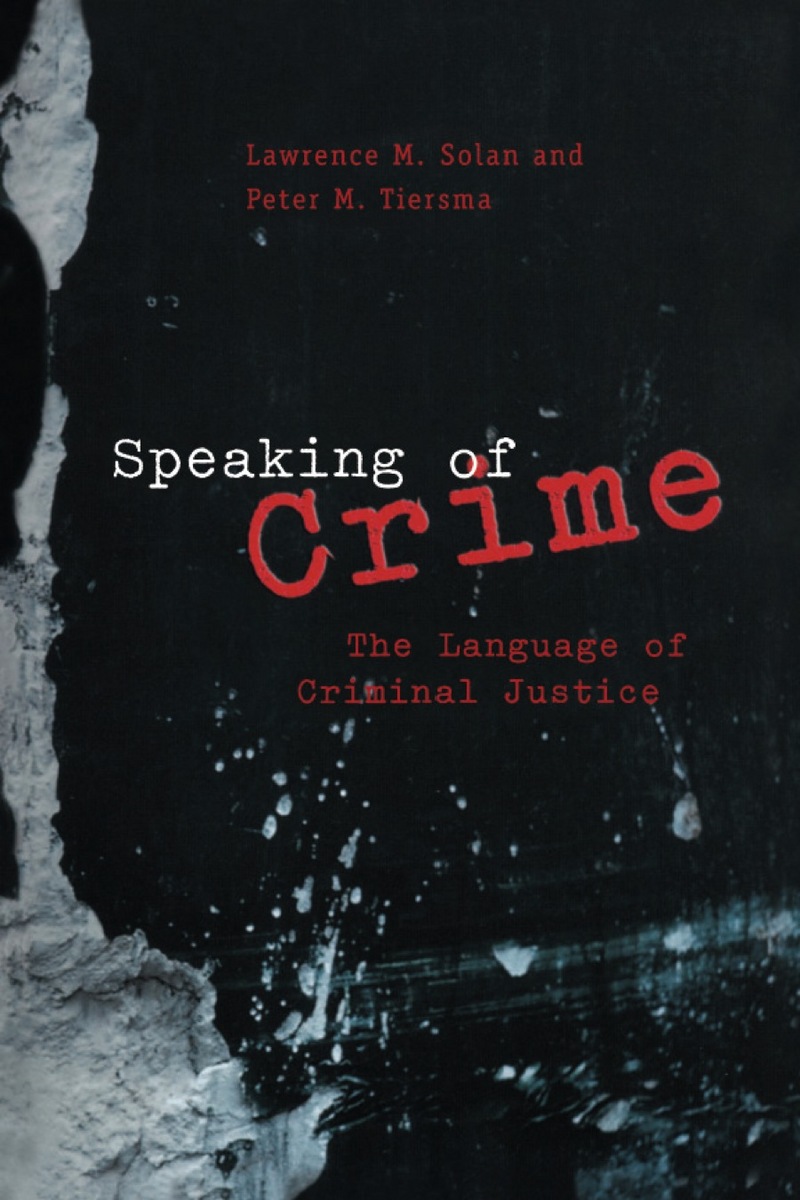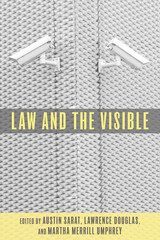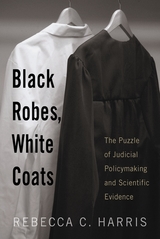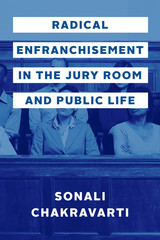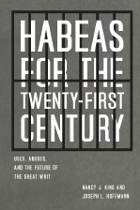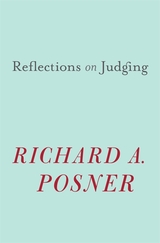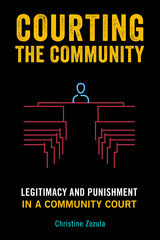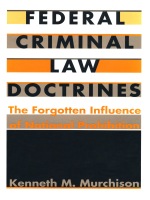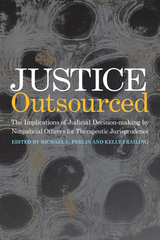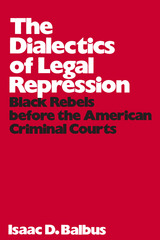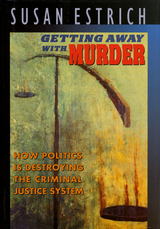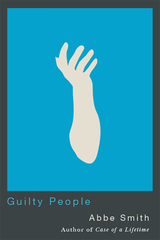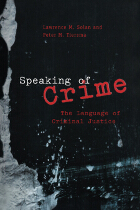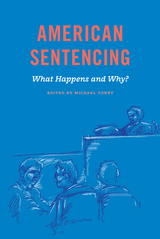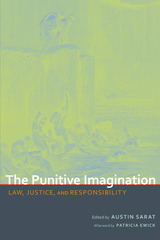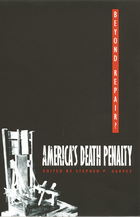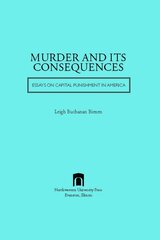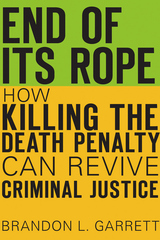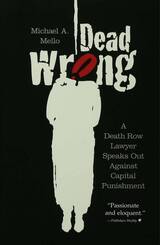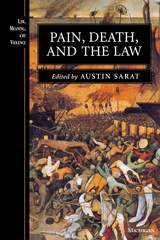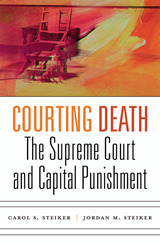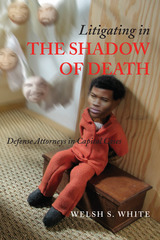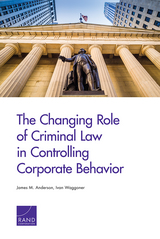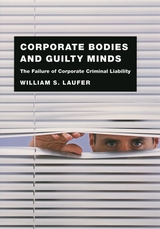Speaking of Crime: The Language of Criminal Justice
University of Chicago Press, 2004
Paper: 978-0-226-76793-2 | Cloth: 978-0-226-76792-5 | eISBN: 978-0-226-76787-1
Library of Congress Classification KF9223.S65 2005
Dewey Decimal Classification 345.7305014
Paper: 978-0-226-76793-2 | Cloth: 978-0-226-76792-5 | eISBN: 978-0-226-76787-1
Library of Congress Classification KF9223.S65 2005
Dewey Decimal Classification 345.7305014
ABOUT THIS BOOK | AUTHOR BIOGRAPHY | REVIEWS | TOC | REQUEST ACCESSIBLE FILE
ABOUT THIS BOOK
Why do so many people voluntarily consent to searches by have the police search their person or vehicle when they know that they are carrying contraband or evidence of illegal activity? Does everyone understand the Miranda warning? How well can people recognize a voice on tape? Can linguistic experts identify who wrote an anonymous threatening letter?
Speaking of Crime answers these questions and examines the complex role of language within our criminal justice system. Lawrence M. Solan and Peter M. Tiersma compile numerous cases, ranging from the Lindbergh kidnapping to the impeachment trial of Bill Clinton to the JonBenét Ramsey case, that provide real-life examples of how language functions in arrests, investigations, interrogations, confessions, and trials. In a clear and accessible style, Solan and Tiersma show how recent advances in the study of language can aid in understanding how legal problems arise and how they might be solved.
With compelling discussions current issues and controversies, this book is a provocative state-of-the-art survey that will be of enormous value to legal scholars and professionals throughout the criminal justice system.
Speaking of Crime answers these questions and examines the complex role of language within our criminal justice system. Lawrence M. Solan and Peter M. Tiersma compile numerous cases, ranging from the Lindbergh kidnapping to the impeachment trial of Bill Clinton to the JonBenét Ramsey case, that provide real-life examples of how language functions in arrests, investigations, interrogations, confessions, and trials. In a clear and accessible style, Solan and Tiersma show how recent advances in the study of language can aid in understanding how legal problems arise and how they might be solved.
With compelling discussions current issues and controversies, this book is a provocative state-of-the-art survey that will be of enormous value to legal scholars and professionals throughout the criminal justice system.
See other books on: Crime | Criminal justice, Administration of | Criminal law | Solan, Lawrence M. | Speaking
See other titles from University of Chicago Press
